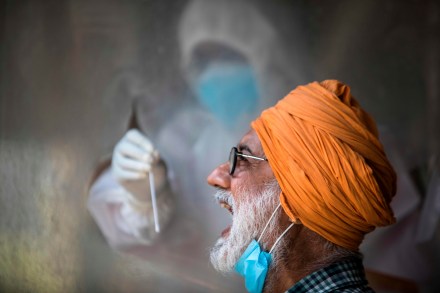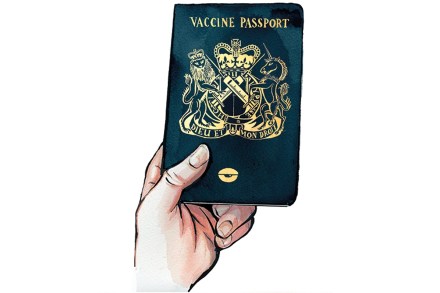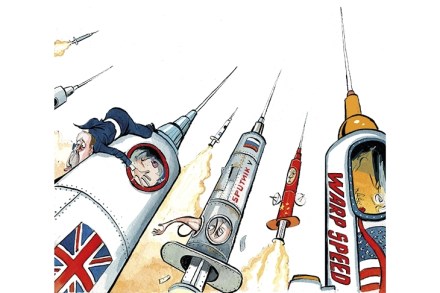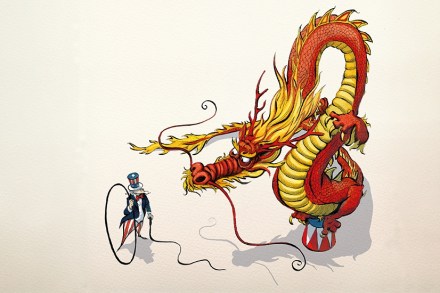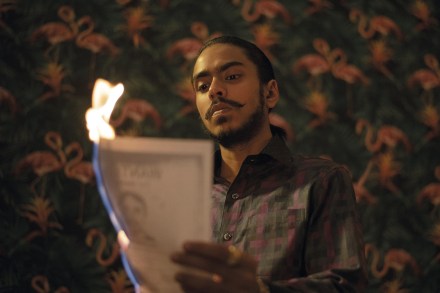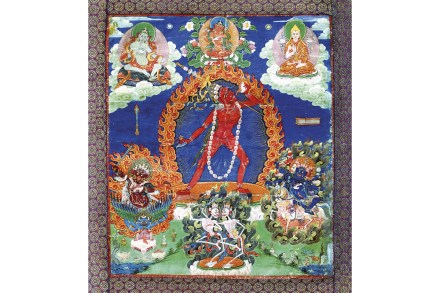How worried should we be about the Indian variant?
The Prime Minister has cancelled his trip to India, due to happen next week, though travellers coming from the country are yet to be told to quarantine for two weeks. But the fact India is yet to be put on the red list has caused some surprise given the surge in cases of Covid-19 — up from 12,000 a day in early February to 270,000 on Sunday, many of which will be the new Indian variant. The whole reason for the red list was to guard against new variants gaining a foothold here. Is India heading for the red list shortly — possibly even later today — or on what grounds might it escape?
